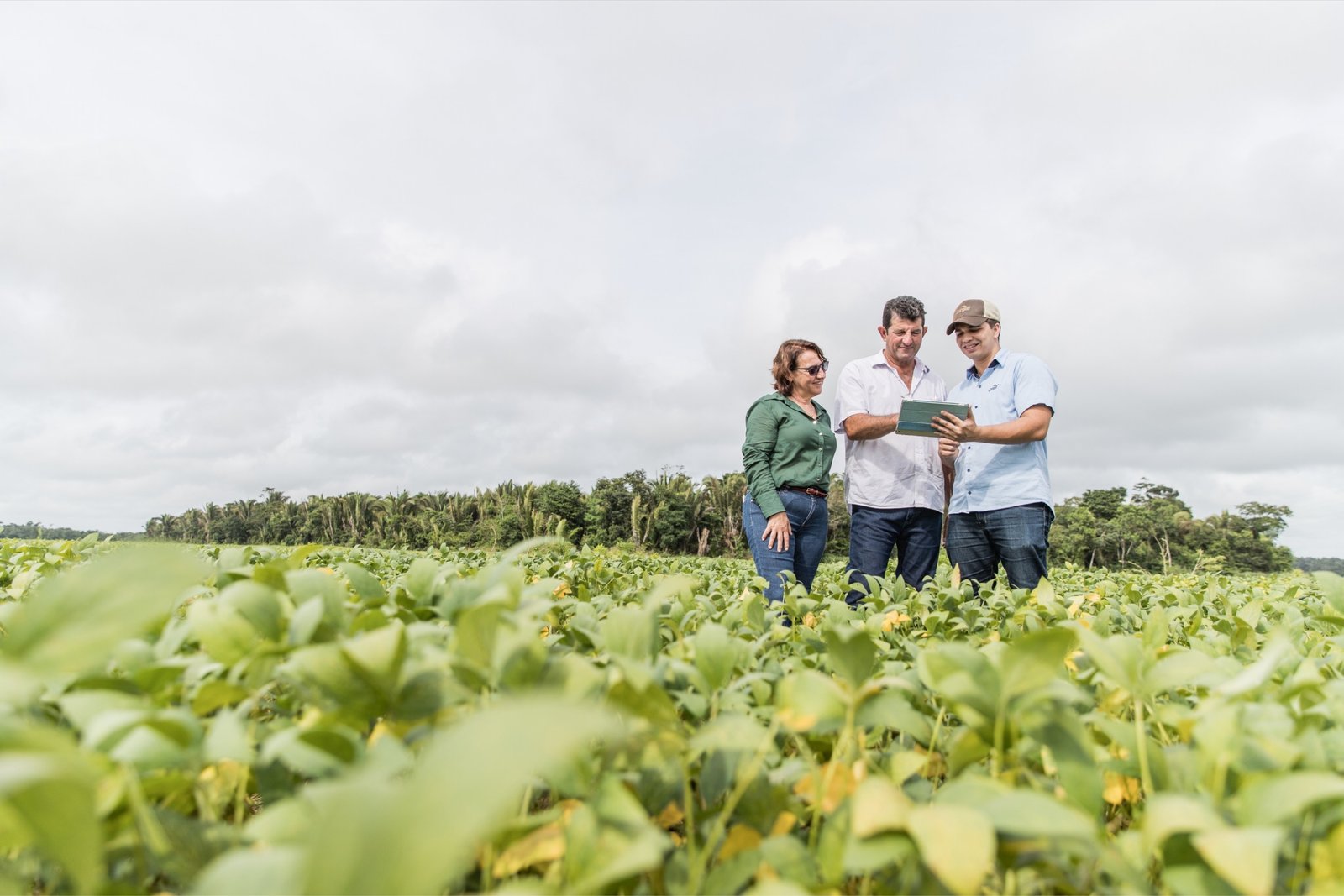Wednesday, 25 February 2026

The company is working directly with farmers around the world on initiatives that protect, regenerate, and restore the land
Cargill is working directly with farmers around the globe to focus on advancing nature-positive agriculture production and farmer-centric approaches to sustainably.
Nature-positive production focuses on limiting the destruction and depletion of land by evolving the techniques proven to increase volume and efficiency, while adopting regenerative agriculture practices that prioritise land sustainability. By doing so, farmers can feed more people and address climate change.
These practices include planting cover crops and implementing reduced- or no-till farming to help sequester carbon in the ground, build soil resilience and improve water quality. One way Cargill is helping make these practices more tenable for farmers is through RegenConnect, a voluntary market-based programme that pays farmers per ton of carbon captured in their soil.
“If we’re going to succeed in sustainably transforming our food and agriculture system, we have to help farmers take a nature-positive approach,” says Pilar Cruz, Cargill’s Chief Sustainability Officer. “That’s why we’re working directly with farmers around the world on initiatives that protect, regenerate, and restore the land. This is how we will make a meaningful difference, one field and one farm at a time.”
Another way Cargill is helping farmers make sustainable agriculture economically feasible is by ensuring they receive a premium for sustainably sourced crops. Through the Triple S (sustainability sourced and supplied) soy program in South America, Cargill provides customers in Asia, Europe and North America certified deforestation-free soy from farmers in Brazil, Paraguay and Argentina.
These programmes demonstrate how scaling sustainable agriculture requires removal of the financial and market access barriers that still exist in farming.